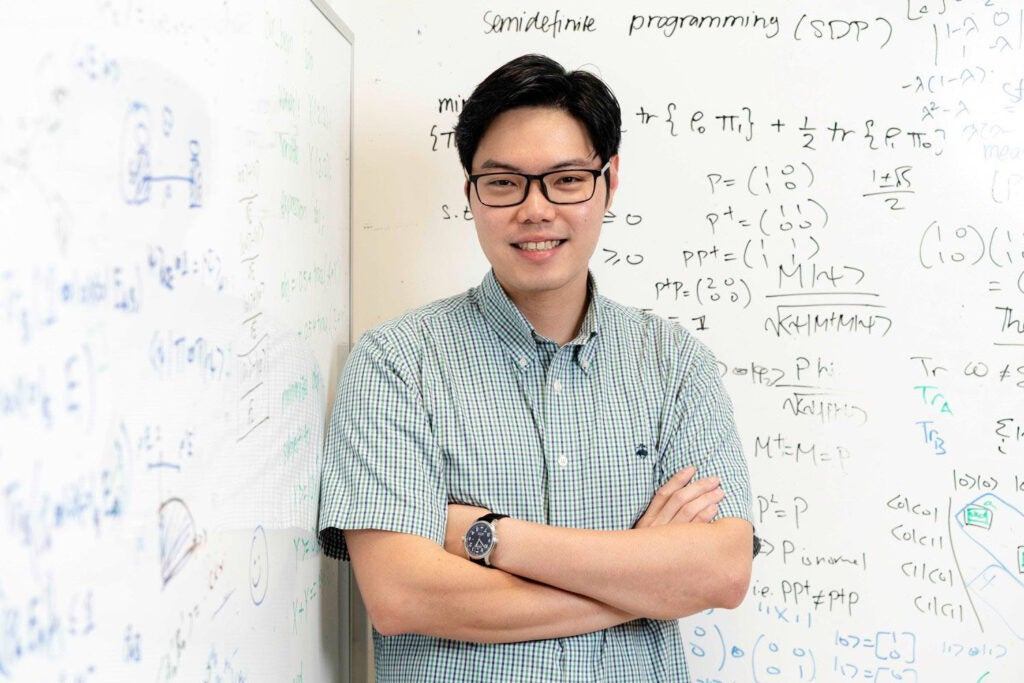NUS spin-off Squareroot8 Technologies is launching a chip-based Quantum Random Number Generator (QRNG) that leverages intrinsic quantum randomness to produce high-entropy keys, aiming to make protected systems almost unhackable.
The company began QRNG research in 2018 at NUS ECE with Assoc Prof Charles Lim, received a $3 million NRF fellowship/grant in 2019, licensed core technology from NUS in 2020, and secured US$3 million in seed funding in 2022.
Squareroot8 is in talks to pilot its quantum cryptography tech with undisclosed firms in healthcare, defence, and finance—sectors with high sensitivity to data breaches and regulatory requirements.
QRNG addresses a critical security gap: classical encryption often relies on predictable, math-based algorithms that could be broken by quantum computers, which some experts expect to threaten current cryptosystems by around 2030.
The broader quantum computing opportunity is substantial, with Boston Consulting Group estimating US$450–850 billion in economic value by 2040, spanning drug discovery, materials, and advanced AI—while also escalating cyber risks.
The company faces global competitors like Toshiba and ID Quantique and is partnering with Danish firm Partisia to pair QRNG with multi-party computation, enabling privacy-preserving AI training on sensitive datasets.
Squareroot8 currently employs about 10 Singaporean engineers and plans to double headcount within two years, highlighting Singapore’s early and continued public investment in quantum tech (NRF has committed $700 million since 2002).
NUS ECE startup, Squareroot8 Technologies featured on Straits Times recently – https://www.straitstimes.com/tech/spore-quantum-start-up-aims-to-make-critical-systems-unhackable


